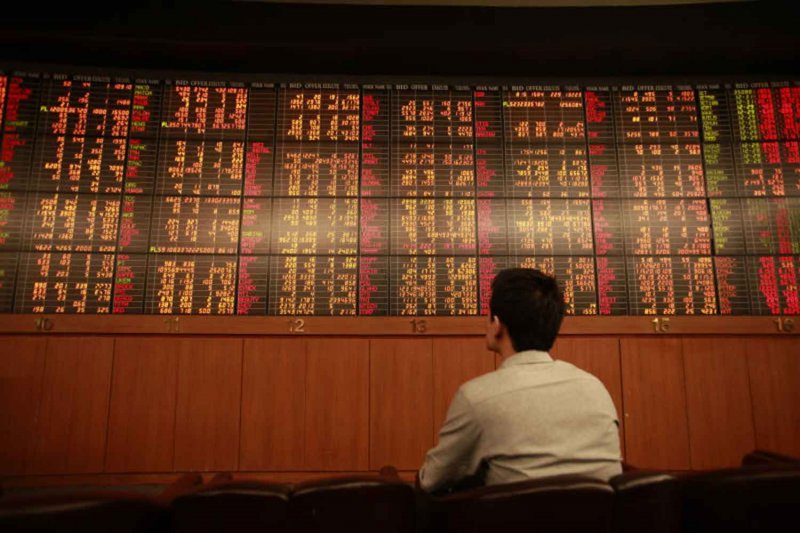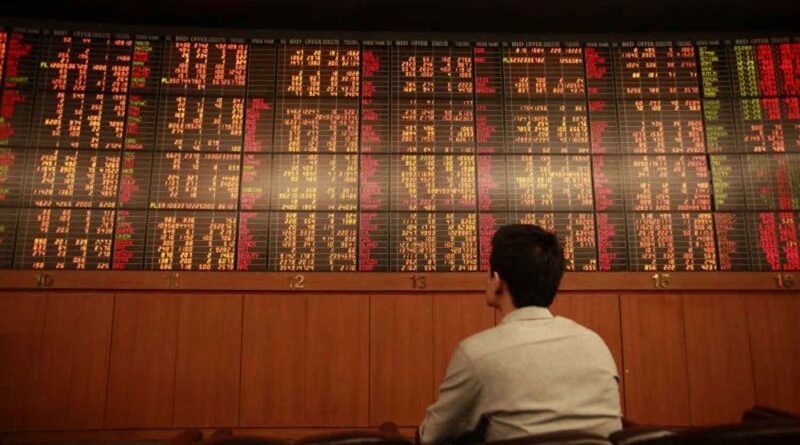Thai stocks unlikely to suffer from US shutdown

The US government shutdown is likely to have a minimal impact on the Thai stock market, which bounced back to surpass 1,300 points on Tuesday, unless the standoff in Washington is prolonged, according to the Stock Exchange of Thailand (SET).
Soraphol Tulayasathien, senior executive vice-president of SET, said US legislators have shut down the government multiple times in the past and typically the event was short-lived. On average, shutdowns last 1-2 weeks, with the longest one taking 35 days to be resolved.
Mr Soraphol said investors remain largely unfazed by the situation, as the US stock market has not declined significantly since the shutdown began on Oct 1.
“The shutdown is expected to have a limited impact on the SET index, unless the situation is prolonged, as investors largely perceive it as a temporary external factor that may create short-term volatility in capital flow,” he told a briefing on Tuesday.
Mr Soraphol’s comments were made as the shutdown, the 15th since 1981, is on track to become the fourth-longest in US history, eclipsing the six-day shutdown in 1995. The longest shutdown lasted 35 days during President Donald Trump’s first term, from 2018-2019.
He said more significant factors are the new Thai government’s policy execution focused on “short-term stimulus, long-term gains, broad distribution” through its initiatives, alongside multi-stakeholder cooperation in economic and capital market reforms.
“Meanwhile, concerns over the US economy and its monetary and fiscal policies led global investors to increase their holdings in safe-haven assets, particularly gold, the price of which surged to record highs in global markets,” said Mr Soraphol.
“The SET index is expected to continue its recovery through the remainder of 2025, supported by a resurgence in fundraising activities among listed companies in both debt and equity markets over the past two months, while strong first-day performance of newly listed securities reflects improving investor sentiment, and selling pressure from long-term equity funds has begun to subside.”
At the end of September, when the Anutin Charnvirakul government took office, the Thai benchmark index rose 3% from the previous month to finish at 1,274.17 points, narrowing the year-to-date decline to 9%, driven by investor expectations for government stimulus measures that bolster the Thai bourse.
Foreign investors were net sellers of 96.2 billion baht worth of Thai stocks during the first nine months of this year, including net sales of 11.9 billion baht last month.
Average daily trading value of the SET and Market for Alternative Investment dropped 31% year-on-year for the period to 43.2 billion baht (roughly US$1.34 billion).
The SET’s forward price-earnings (P/E) ratio was 13.9 times at the end of last month, below Asian stock markets’ average of 14.1 times. The historical P/E ratio was 14.7 times, lower than Asian markets’ average of 16.0 times. The dividend yield ratio was 3.86%, higher than Asian stock markets’ average of 3.02%.
Source – Bangkok News




